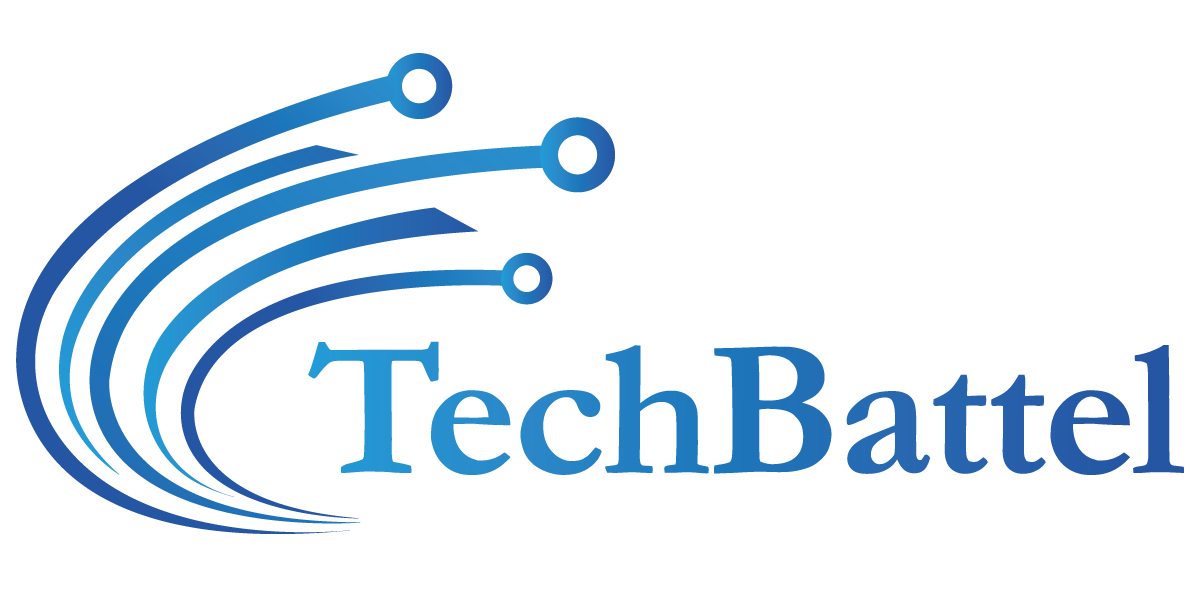MBA courses have become inseparable from professional success and self-improvement in the business world. Whether you’re a new alumnus hoping to acquire an upper hand or an old pro holding back nothing, seeking a MBA can be a distinct advantage. In this article, we’ll dig into the universe of MBA courses, investigating their importance, the different specializations accessible, and the various benefits they offer.
Why Pursue an MBA?
Chasing an MBA is a huge choice, and understanding the inspirations driving it is critical. MBA programs are intended to give balanced schooling in business to executives. They outfit understudies with an expansive range of abilities, including initiative, correspondence, critical thinking, and decisive reasoning. These abilities are exceptionally adaptable and are sought after across different ventures.
An MBA can be a strategic move for career growth. Many professionals choose to pursue an MBA to stand out in the competitive job market. Employers often value MBA graduates for their ability to apply theoretical knowledge to real-world business situations. This combination of theory and practicality is a hallmark of MBA education.
Specialisations in MBA
MBA programs offer a wide range of specialisations, allowing students to tailor their education to their specific career goals and interests. Here are some popular specialisations:
Finance: Ideal for those interested in banking, investment, or financial management. This specialisation dives deep into financial analysis, risk management, and investment strategies.
Marketing: For individuals passionate about branding, advertising, and market research. Marketing MBA programs teach students how to develop effective marketing strategies and understand consumer behavior.
Human Resources: This specialisation focuses on people management, including recruitment, talent development, and organisational behaviour. HR professionals often pursue this specialisation.
Business: Appropriate for hopeful entrepreneurs. Business programs give the abilities and information expected to begin and grow a fruitful business, including business arranging, financing, and development.
Healthcare Management: Designed for those interested in the healthcare industry. This specialisation covers healthcare policy, administration, and the unique challenges of healthcare management.
Advantages of Pursuing an MBA
Career Advancement: One of the most significant advantages of an MBA is its potential to accelerate your career. MBA graduates often secure management and leadership roles, as the program equips them with the skills and knowledge needed to take on these responsibilities. For those looking to move up the corporate ladder quickly, an MBA can be a strategic choice.
Networking Opportunities: MBA programs provide an excellent platform for networking. You’ll interact with a diverse group of classmates, faculty, and industry professionals. These connections can be invaluable for future job opportunities, partnerships, or even entrepreneurial ventures. Building a robust professional network is a long-term benefit of pursuing an MBA.
Increased Earning Potential: MBA graduates typically enjoy higher earning potential. According to data from the Graduate Management Admission Council (GMAC), the median base salary for MBA graduates is significantly higher than that of bachelor’s degree holders. While the exact salary increase varies by location, industry, and experience, the financial rewards of an MBA are often substantial over time.
Entrepreneurial Skills: If you aspire to become an entrepreneur, an MBA can provide you with a strong foundation. Entrepreneurship programs within MBA courses teach you how to identify market opportunities, develop a business plan, secure funding, and navigate the challenges of running a business. These skills are invaluable for anyone looking to launch their startup.
Global Perspective: In today’s interconnected world, a global perspective is essential. Many MBA programs incorporate international business components, exposing students to diverse cultures, markets, and business practices. This exposure fosters a broader understanding of the global economy and equips graduates to work in multinational companies or pursue international business opportunities.
Choosing the Right MBA Program
Selecting the right MBA program is a critical decision that can significantly impact your educational experience and career prospects. Here are some factors to consider:
Program Reputation: Research the reputation of the MBA program and the business school. Accredited programs from well-respected institutions often hold more weight with employers.
Accreditation: Ensure that the program is accredited by relevant accrediting bodies. Accreditation ensures that the program meets certain quality standards.
Faculty Expertise: Investigate the qualifications and expertise of the faculty members. Experienced professors can provide valuable insights and mentorship.
Resources: Consider the resources available to students, such as libraries, research centres, and career services. These resources can enhance your learning experience and job search.
Location: Think about where the program is located. Do you prefer to study in a specific city or region? Location can also impact your networking opportunities and access to potential employers.
Program Format: Determine whether a full-time, part-time, or online MBA program aligns with your lifestyle and career goals. Full-time programs typically offer a more immersive experience, while part-time and online programs allow for flexibility.
Take your time to research and compare mba in singapore to find the one that best suits your needs and aspirations. It’s a significant investment, so making an informed decision is essential.
Conclusion
In summary, pursuing an MBA Course is a transformative educational journey that offers numerous benefits. Whether you’re aiming for career advancement, seeking to expand your network, increase your earning potential, develop entrepreneurial skills, or gain a global perspective, an MBA can be a valuable asset. Specialisations within MBA programs allow you to tailor your education to your specific career goals.
However, choosing the right MBA program is crucial for maximizing these benefits. Consider factors such as program reputation, accreditation, faculty expertise, available resources, and program format when making your decision. With the right MBA program, you can embark on a path to personal and professional growth that opens doors to exciting opportunities in the world of business. For more information visit https://techbattel.com/.

